Filter by
Found 12368 from your keywords: subject="It's not conflict, it...
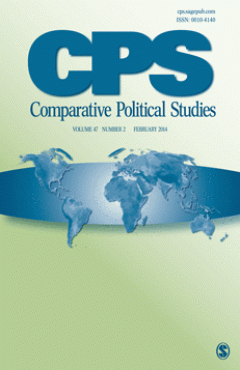
Comparative Political Studies, Volume 47, Number 12, October 2014
- Edition
- -
- ISBN/ISSN
- 0010-4140
- Collation
- -
- Series Title
- -
- Call Number
- -
- Edition
- -
- ISBN/ISSN
- 0010-4140
- Collation
- -
- Series Title
- -
- Call Number
- -
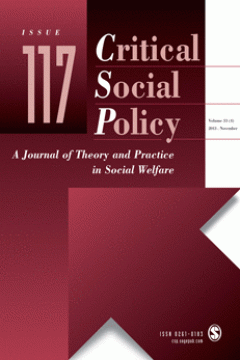
Critical Social Policy, Issue 121, Volume 34, Number 4, November 2014
- Edition
- -
- ISBN/ISSN
- 0261-0183
- Collation
- -
- Series Title
- -
- Call Number
- -
- Edition
- -
- ISBN/ISSN
- 0261-0183
- Collation
- -
- Series Title
- -
- Call Number
- -
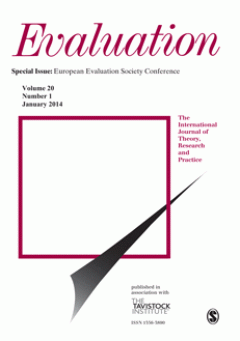
Evaluation, Volume 20, Number 4, October 2014
- Edition
- -
- ISBN/ISSN
- 1356-3890
- Collation
- -
- Series Title
- -
- Call Number
- -
- Edition
- -
- ISBN/ISSN
- 1356-3890
- Collation
- -
- Series Title
- -
- Call Number
- -
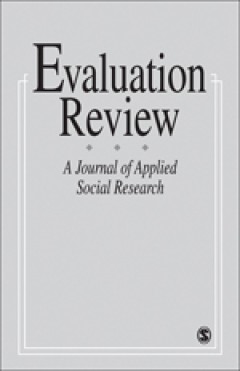
Evaluation Review, Volume 38, Number 5, October 2014
- Edition
- -
- ISBN/ISSN
- 0193-841X
- Collation
- -
- Series Title
- -
- Call Number
- -
- Edition
- -
- ISBN/ISSN
- 0193-841X
- Collation
- -
- Series Title
- -
- Call Number
- -

Evaluation Review, Volume 38, Number 4, August 2014
- Edition
- -
- ISBN/ISSN
- 0193-841X
- Collation
- -
- Series Title
- -
- Call Number
- -
- Edition
- -
- ISBN/ISSN
- 0193-841X
- Collation
- -
- Series Title
- -
- Call Number
- -
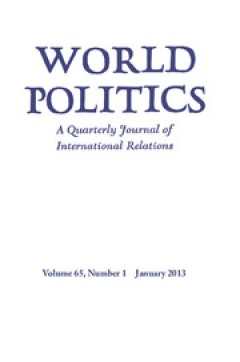
World Politics, Volume 66, Number 4, October 2014
- Edition
- -
- ISBN/ISSN
- 0043-8871
- Collation
- -
- Series Title
- -
- Call Number
- -
- Edition
- -
- ISBN/ISSN
- 0043-8871
- Collation
- -
- Series Title
- -
- Call Number
- -

Evaluation Review, Volume 38, Number 3, June 2014
- Edition
- -
- ISBN/ISSN
- 0193-841X
- Collation
- -
- Series Title
- -
- Call Number
- -
- Edition
- -
- ISBN/ISSN
- 0193-841X
- Collation
- -
- Series Title
- -
- Call Number
- -
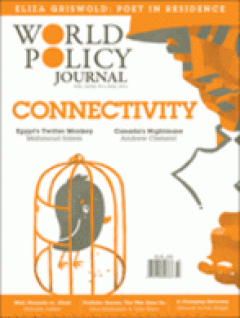
World Policy Journal, Volume 31, Number 3, Fall 2014
- Edition
- -
- ISBN/ISSN
- -
- Collation
- -
- Series Title
- -
- Call Number
- -
- Edition
- -
- ISBN/ISSN
- -
- Collation
- -
- Series Title
- -
- Call Number
- -
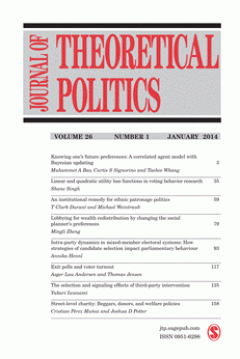
Journal of Theoritical Politics, Volume 26, Number 4, October 2014
- Edition
- -
- ISBN/ISSN
- -
- Collation
- -
- Series Title
- -
- Call Number
- -
- Edition
- -
- ISBN/ISSN
- -
- Collation
- -
- Series Title
- -
- Call Number
- -
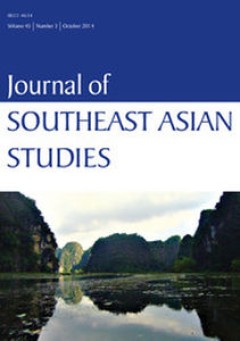
Journal of Southeast Asian Studies, Volume 45, Number 3, October 2014
- Edition
- -
- ISBN/ISSN
- 0022-4634
- Collation
- -
- Series Title
- -
- Call Number
- -
- Edition
- -
- ISBN/ISSN
- 0022-4634
- Collation
- -
- Series Title
- -
- Call Number
- -
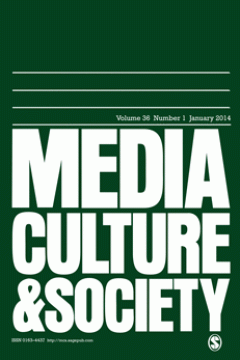
Media Culture & Society, Volume 36, Number 6, September 2014
- Edition
- -
- ISBN/ISSN
- 0163-4437
- Collation
- -
- Series Title
- -
- Call Number
- -
- Edition
- -
- ISBN/ISSN
- 0163-4437
- Collation
- -
- Series Title
- -
- Call Number
- -
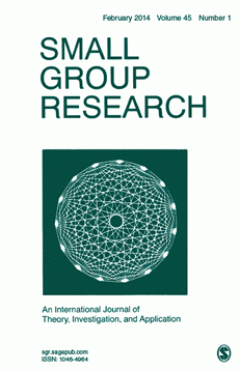
Small Group Research, Volume 45, Number 5, October 2014
- Edition
- -
- ISBN/ISSN
- 1046-4964
- Collation
- -
- Series Title
- -
- Call Number
- -
- Edition
- -
- ISBN/ISSN
- 1046-4964
- Collation
- -
- Series Title
- -
- Call Number
- -
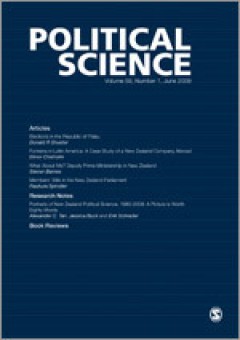
Political Science, Volume 66, Number 1, June 2014
- Edition
- -
- ISBN/ISSN
- -
- Collation
- -
- Series Title
- -
- Call Number
- -
- Edition
- -
- ISBN/ISSN
- -
- Collation
- -
- Series Title
- -
- Call Number
- -
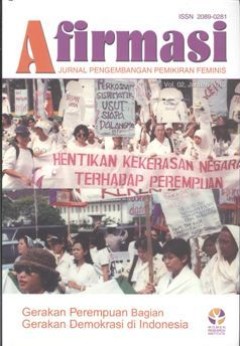
AFIRMASI ; jurnal pengembangan pemikiran feminis, Volume 2, Januari 2013
- Edition
- -
- ISBN/ISSN
- -
- Collation
- -
- Series Title
- -
- Call Number
- -
- Edition
- -
- ISBN/ISSN
- -
- Collation
- -
- Series Title
- -
- Call Number
- -
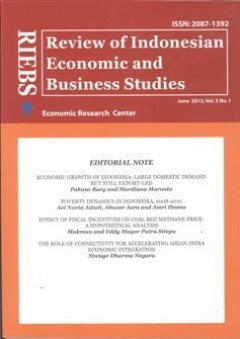
RIEBS : Review of Indonesian Economic and Bsiness Studies, Volume 3, number 1…
- Edition
- -
- ISBN/ISSN
- 2087-1392
- Collation
- -
- Series Title
- -
- Call Number
- -
- Edition
- -
- ISBN/ISSN
- 2087-1392
- Collation
- -
- Series Title
- -
- Call Number
- -
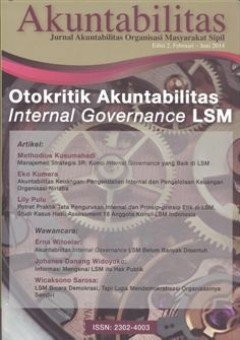
AKUNTABILITAS: jurnal akuntabilitas organisasi masyarakat sipil, Edisi 2, Feb…
- Edition
- -
- ISBN/ISSN
- 2302-4003
- Collation
- -
- Series Title
- -
- Call Number
- -
- Edition
- -
- ISBN/ISSN
- 2302-4003
- Collation
- -
- Series Title
- -
- Call Number
- -
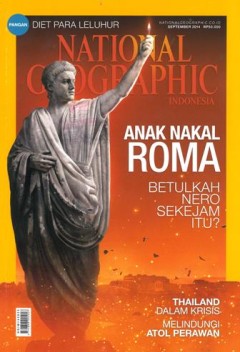
National Goegraphic Indonesia, Volume 10, number 09, September 2014
- Edition
- -
- ISBN/ISSN
- -
- Collation
- -
- Series Title
- -
- Call Number
- -
- Edition
- -
- ISBN/ISSN
- -
- Collation
- -
- Series Title
- -
- Call Number
- -
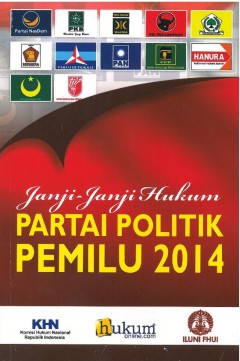
Janji-Janji Hukum Partai Politik Pemilu 2014
- Edition
- 1st print
- ISBN/ISSN
- 978-979-3452-47-0
- Collation
- xii, 176p.; 21 cm
- Series Title
- -
- Call Number
- 340 KOM j
- Edition
- 1st print
- ISBN/ISSN
- 978-979-3452-47-0
- Collation
- xii, 176p.; 21 cm
- Series Title
- -
- Call Number
- 340 KOM j
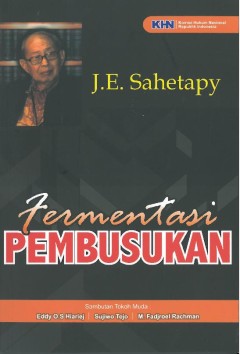
Fermentasi Pembusukan
- Edition
- 1st print
- ISBN/ISSN
- 978-979-3452-48-7
- Collation
- xxvii, 292p.; 21 cm
- Series Title
- -
- Call Number
- 340 SAH f
- Edition
- 1st print
- ISBN/ISSN
- 978-979-3452-48-7
- Collation
- xxvii, 292p.; 21 cm
- Series Title
- -
- Call Number
- 340 SAH f
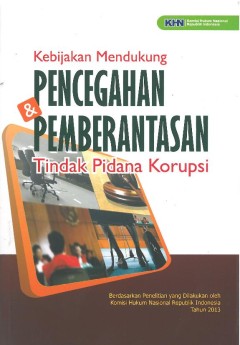
Kebijakan Mendukung Pencegahan & Pemberantasan Tindak Pidana Korupsi
- Edition
- 1st print
- ISBN/ISSN
- 978-979-3452-50-0
- Collation
- xviii, 394p.; 21 cm
- Series Title
- -
- Call Number
- 364.132 3 SAH k
- Edition
- 1st print
- ISBN/ISSN
- 978-979-3452-50-0
- Collation
- xviii, 394p.; 21 cm
- Series Title
- -
- Call Number
- 364.132 3 SAH k
 Computer Science, Information & General Works
Computer Science, Information & General Works  Philosophy & Psychology
Philosophy & Psychology  Religion
Religion  Social Sciences
Social Sciences  Language
Language  Pure Science
Pure Science  Applied Sciences
Applied Sciences  Art & Recreation
Art & Recreation  Literature
Literature  History & Geography
History & Geography